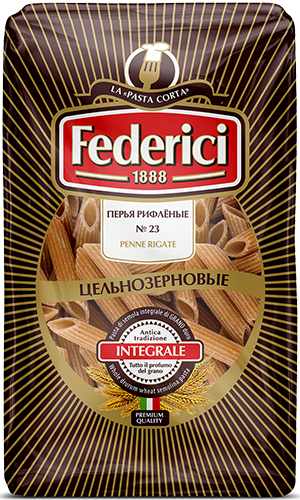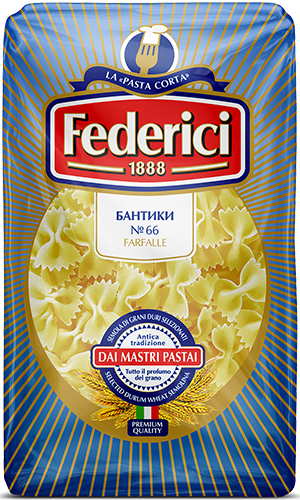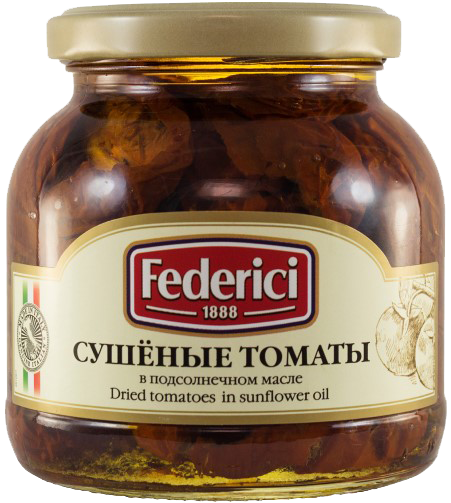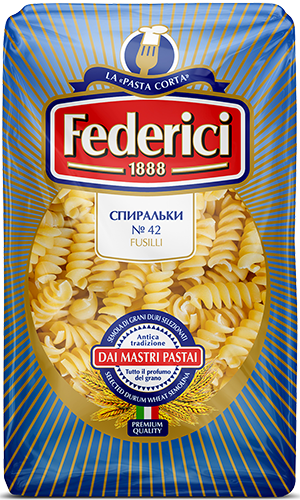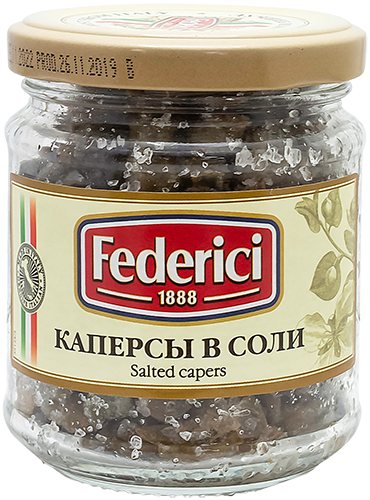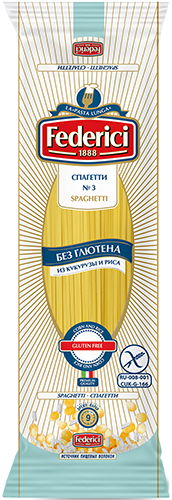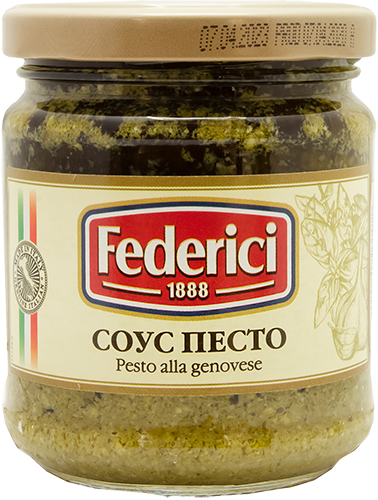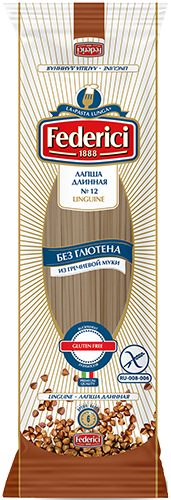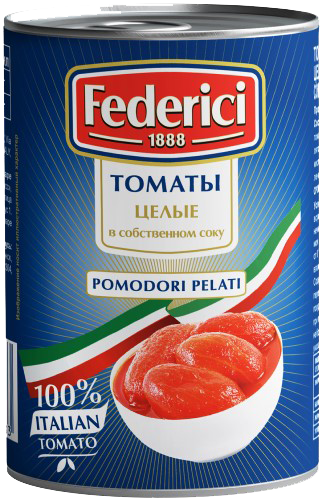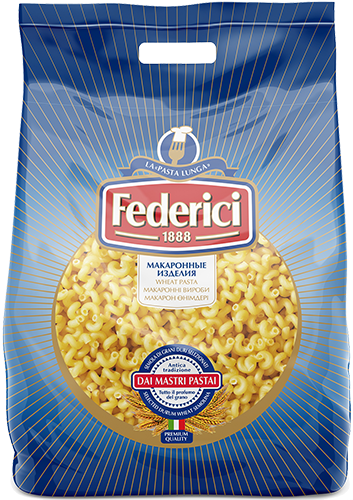


Are you planning a trip to Italy or another country known for its pasta dishes? Or do you just want to improve your pasta-eating skills? In any case, it is important to know all the rules of etiquette regarding pasta. In this article, we take a look at everything from how to wind up spaghetti properly to what not to do with a fork and knife.
There is nothing better than confidently eating your favorite pasta without fear of making a mistake. We’ll help you become a true etiquette expert so you can enjoy your pasta in any setting.
- The type of pasta matters. Different types of pasta are traditionally combined with different sauces. For example, long and thin spaghetti is usually served with light sauces, while heavier sauces are better suited to wider noodles such as fetuchin or papardelle. Knowing what form of pasta is combined with a particular sauce is an important aspect of pasta etiquette.
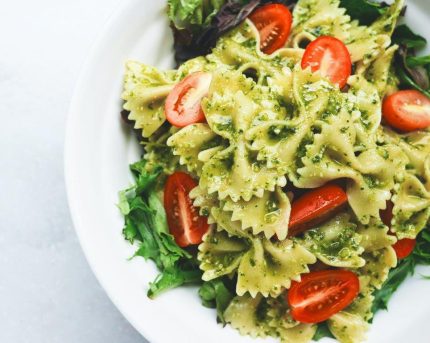
- Spin spaghetti like a pro. When you eat spaghetti, it can be hard to wind them up on a fork. One method is to use a spoon to help wrap the pasta on a fork. Another way is to hold the plate close to your mouth and scoop spaghetti into your mouth. No matter what technique you choose, remember that you shouldn’t cut spaghetti with a knife!
- Use bread to clean the plate. In Italy, it is customary to use a piece of bread to wipe off the sauce left on the plate. This is called “fare la scarpetta” (make a small shoe). Not only is it polite, it’s also a great way to enjoy every bite of delicious sauce.
- Don’t use a spoon to wind up spaghetti. If you’re tempted to use a spoon to twist the pasta, don’t! In Italy, it’s considered wrong to use a pasta spoon, unless you’re eating a pasta dish that looks like soup.
- Eat pasta slowly. In Italy, food must be enjoyed. Take your time to eat pasta and enjoy every bite. Do not rush while eating or swallow the pasta loudly.
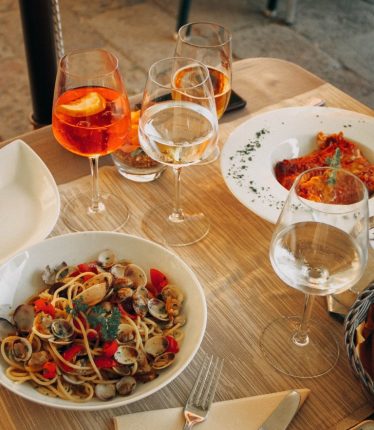
- Don’t add cheese to every pasta dish. While cheese is a popular addition to pasta dishes in many countries, it is not always appropriate in Italy. Some traditional Italian pasta dishes, such as carbonara and cachio e pepe, should not be served with cheese.
- Do not go too far with the sauce. When it comes to pasta, there is often less sauce rather than more. Do not pour sauce over the pasta – it should be light, not floating in the dump. if you are not sure, ask to bring the sauce separately.
- Use the right utensils. In Italy, it is customary to eat pasta with a fork and spoon. However, in some countries it is also acceptable to use a knife. Either way, it’s important to make sure you’re using your chosen utensils correctly, while showing respect for culinary traditions.
- Don’t play with pasta. While twirling pasta on a fork is very funny, food games are generally discouraged. Do not make figures or patterns from pasta – this is considered impolite.
- Observe local customs. If you’re visiting another country, it’s important to respect local customs when it comes to eating pasta. For example, in Japan, it is customary to crunch noodles loudly in appreciation for food. In Italy, however, it is considered impolite to make noise while eating.
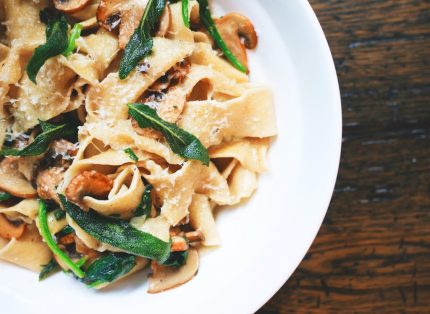
- Don’t order a pasta dish as a side dish. In many countries, pasta dishes are considered the main course. It is not only unusual to order a pasta dish as a side dish, but it can also be considered disrespectful to the cook, who spent time and effort preparing the dish.
- Use the right table manners. As with any meal, it is important to use the correct table manners when eating pasta. This includes taking your elbows off the table, not talking with your mouth full and using a wipe to wipe your mouth.
- Don’t waste food. In Italy, wasting food is considered a serious misdemeanor. If you’re served a large portion of pasta and you can’t finish it, it’s best to ask for a smaller portion or take the leftovers home. Don’t leave food on your plate or throw it away.
By following these etiquette guidelines, you can enjoy pasta dishes with confidence and respect for the local culture. Do not forget to take your time, savor every bite and always express appreciation for the food and those who prepared it.
Our products
Мы стремимся предложить Вам наилучший сервис при работе с нашим сайтом. Для этого мы собираем и храним информацию о Вашем посещении сайта. Так называемые cookies. Файлы cookies не собирают и не хранят никакую личную информацию о Вас. Используя этот сайт, Вы даете согласие на использование cookies. На данном этапе Вы можете отказаться от использования cookies, настроив необходимые параметры в своем браузере.
